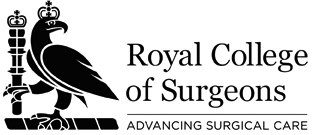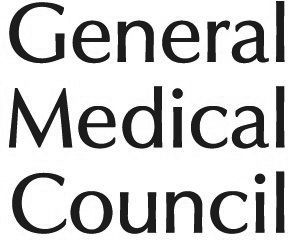Prof. Peter Cuckow, Consultant Paediatric Urologist
Prof. Peter Cuckow
Consultant Paediatric Urologist
Prof. Peter Cuckow MB BS, FRCS (Paed)
Consultant Paediatric Urologist
Prof. Peter Cuckow
Consultant Paediatric Urologist MB BS, FRCS (Paed)
Areas of expertise
- Paediatric surgery
- Hernia
- Disorders of sexual development
- PUJ obstruction
- Vesicoureteral reflux

Recommendations for Prof. Cuckow
These recommendations are for information purposes only. Doctors providing recommendations do so in good faith and are not responsible for clinical outcomes.






Recommended by:
Make an appointment
Address
-
The Harley Street Clinic
35 Weymouth Street, London, W1G 8BJ
-
The Portland Hospital
205-209 Great Portland Street, London, W1W 5AH
About Prof. Peter Cuckow
GMC number: 2978628
Year qualified: 1984
Place of primary qualification: Society of Apothecaries of London
Prof. Peter Cuckow is a Consultant Paediatric Urologist and currently serves as the Lead Surgeon in the Department of Urology and Lead Clinician in Bladder Exstrophy management at Great Ormond Street Hospital. He is also an Honorary Senior Lecturer in Paediatric Urology at the Institute of Urology.
Prof. Cuckow plays a significant role in the National Exstrophy Service, which operates across two centres. Prof. Cuckow's specialist interests include reconstructive surgery for severe congenital anomalies of the urinary tract, hypospadias, and bladder exstrophy. He qualified in London in 1984 and completed his surgical training in Cambridge, Leeds, and Great Ormond Street Hospital for Children. He was appointed as a Consultant Paediatric Urologist in 1998. As an operating surgeon, Prof. Cuckow has performed approximately 120 cases of bladder exstrophy and is a strong advocate of the Kelly Operation. He has authored over 40 peer-reviewed articles on paediatric urology and contributed 15 chapters to major textbooks. Prof. Cuckow treats a variety of conditions including incontinence, prenatally detected abnormalities of the urinary tract, cloacal anomalies, congenital megaureter, disorders of sexual development, epispadias, hydrocele, hernia, hydronephrosis, neuropathic bladder, posterior urethral valves, PUJ obstruction, undescended testes, and vesico-ureteric reflux. His extensive experience and dedication to paediatric urology make him a leading expert in his field.
Areas of expertise
- Bladder exstrophy
- Laparoscopic surgery
- Intersex
- Hypospadias
- Reconstructive urology
- Epispadias
- Hydrocele
- Hydronephrosis
- Incontinence
- Neuropathic bladder
- Posterior urethral valves
- PUJ obstruction
- Undescended testes
- Vesico ureteric reflux
Professional memberships


Articles by Prof. Peter Cuckow
301 does pyeloplasty alter differential function in asymptomatic antenatal unilateral puj anomalies with

 Instant booking
Instant booking















